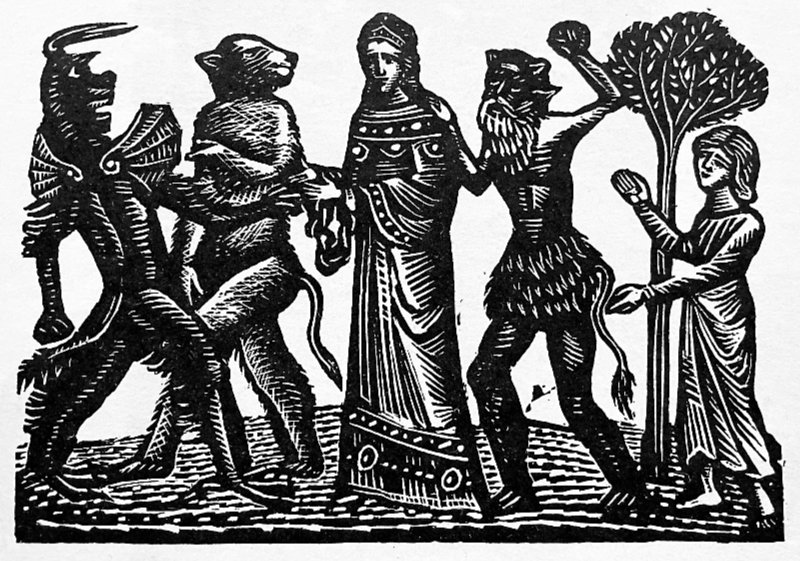
The Guerilla's Dream
This prologue to Abrasion was an attempt to provide an onramp to a story that starts suddenly and asks a lot of readers–the language is dense, rich, and poetic, and starts from the perspective of a woman afflicted with near impossible circumstances, and the mental health struggles to match. I have friends who love dropping into the narrative as is, and others desperate for some help approaching the story. I thought a prologue might benefit the latter while still being enjoyable for those who appreciate the way the story begins in chapter one. In traditional fashion, I wrote a thing that I enjoy, and managed to frustrate both camps.
I decided to leave Abrasion alone, and share this bit of writing here. I still think it has some power to it. I also think it makes no sense apart from the rest of the novel, but I share it here as an amuse bouche before the publication of the work to which it would have been attached.
The Guerilla’s Dream
The woman was asleep, and dreaming.
In the dream, the woman was pregnant with a world. Inside her: an entire ecosystem, a vast expanse, steamy chaotic primordial jungle. And at the center of this embryonic garden, a city closed in by wilderness.
In the beginning, she dream-tumbled into her own womb like a falling star, sent or slipped out of the heavens; nevertheless, before her descent had ended, she would come to believe it had been her own choice to enter into the midst of herself. So, there she took her place, self-centered, to see what might befall.
Hovering above the landscape, she regarded the isolated and vulnerable city before (and within) her. The streets (her streets) were calm, but she was not. She felt uneasy and didn’t understand, until she became aware of a stirring all around (within) her, a quaking in the trees which signaled the approach of unseen threats. Soon what was hidden became manifest–the doom of the city revealed–as a mob of terrifying beasts emerged from deep within the forest mists. As the congregation of mindless creatures assembled, she knew that the destruction of the city was imminent. And though the woman had struggled with fear throughout her life-before-this-life (when she lived as a girl; when she belonged to herself), on this field of battle she had no sense of danger. Because, in her dream she was one of them. That is, in her dream, each of the monsters was her.
Confused, she experienced the city’s fall as both destroyer and defenseless victim, as a terror and as one terrorized; ravaging one moment and running in the next from a threat she could not distinguish as separate from herself. Anyone watching could see the dream-woman’s bias for destruction, but only the dreamer knew how much she hated it. She wished for defeat, longed to be overpowered, and imagined the peace that would come with annihilation. But in the dream she knew that she would not be free until the scene had repeated enough times for her to play all the parts, and the city had been reduced to rubble.
Finally, out of desolation she would rise, one final time, high above the ruin, to take her place at the end of the dream as the Warrior Queen, at whose feet any remaining power would fall in humbled adoration.
This was the entire dream. This dream would be hidden from the watchers; and the woman herself would struggle to recall it when she woke. Whenever she slept a long time she dreamed the entire dream and every time the decision had been made to put the woman to sleep for a long time, the dream was always the same. And the duration of the dream was always the same: from the time the dream began to the time it ended, twenty-five years would pass.

Woodcut by Spyros Vassiliou, circa 1945